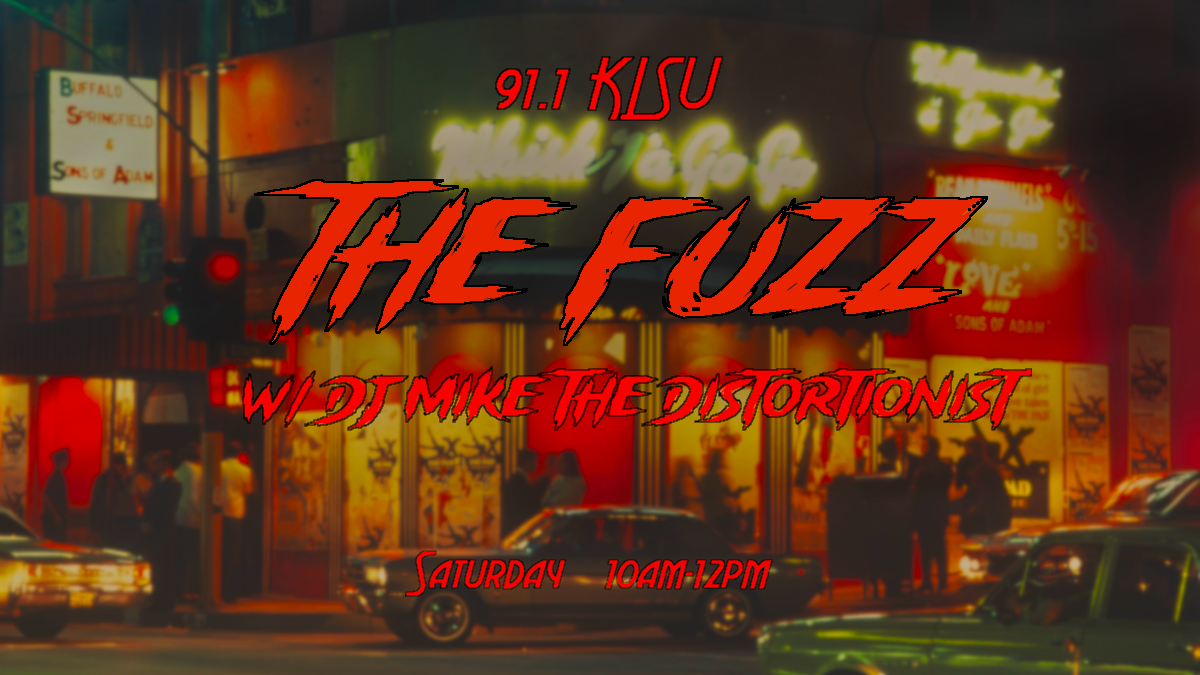Phoebe Bridgers first studio album, “Stranger in the Alps”, combines folk and alternative influences to create an intimate and unique sound. Bridgers perfectly crafts her lyrics with naivety and is not shy to write what is really on her mind, even if it sounds wrong. She graces her songs with excellent production quality and soft haunting vocals which reach into your soul and make you feel her pain. In “Scott Street” she explores the pain of growing up and repeats “don’t be a stranger” as the song fades, while the nostalgic sounds of a busy street play in the background. In her song “Georgia” she builds her emotions by asking herself questions about her relationship until she finally breaks and states “If I fix you, will you hate me?”
Bridgers knows how to relay her emotions in a way which is refreshing to the listener, phrasing her lyrics in such a unique way that the listener feels she is talking directly to them. Her thoughts of vulnerability, intimacy, loneliness, and self-worth ring throughout the album reflecting on an unhealthy relationship. Her song “Funeral” illustrates her feelings of selfishness as she processes the death of a friend but can only make the sadness pertain to her, she sings, “Wishin’ I was someone else, feelin’ sorry for myself when I remembered someone’s kid is dead.” Although most of her songs and lyrics are melancholy, she will juxtapose that sadness with an upbeat rhythm, so you don’t even realize the pain is being presented to you. For instance, in her most famous track “Motion Sickness” the overall sound has a sanguine disposition, while the lyrics depict an abusive relationship. Where most artists would usually be unsuccessful with this relationship of lyrics and sound, Bridgers succeeds in finding the perfect balance of happiness and sadness for a heartbreaking album.
In her song “Chelsea” she documents her pain of loving an addict while they refuse help. She solemnly sings “There is no distraction that can make me disappear. No, there’s nothin’ that won’t remind you I will always be right here.” Although she is not wanted, she remains waiting for the subject of the song to need her. However in “Demi Moore” she paints her relationship as manipulative and realizes that she does not want to be numb or unhappy in the relationship anymore, “I don’t want to be stoned anymore” chalking up her current situation to her personal drug use. Bridgers shows all the vulnerable pieces of a relationship putting them on full display and is not afraid to show the whole truth of herself.
As the album progresses, Bridgers gives you insight into her life and how she copes with her emotions no matter how destructive, and in return you take a look at your own life and see you are just like her no matter what walk of life you originate from, making this album a 9.5 out of 10.







